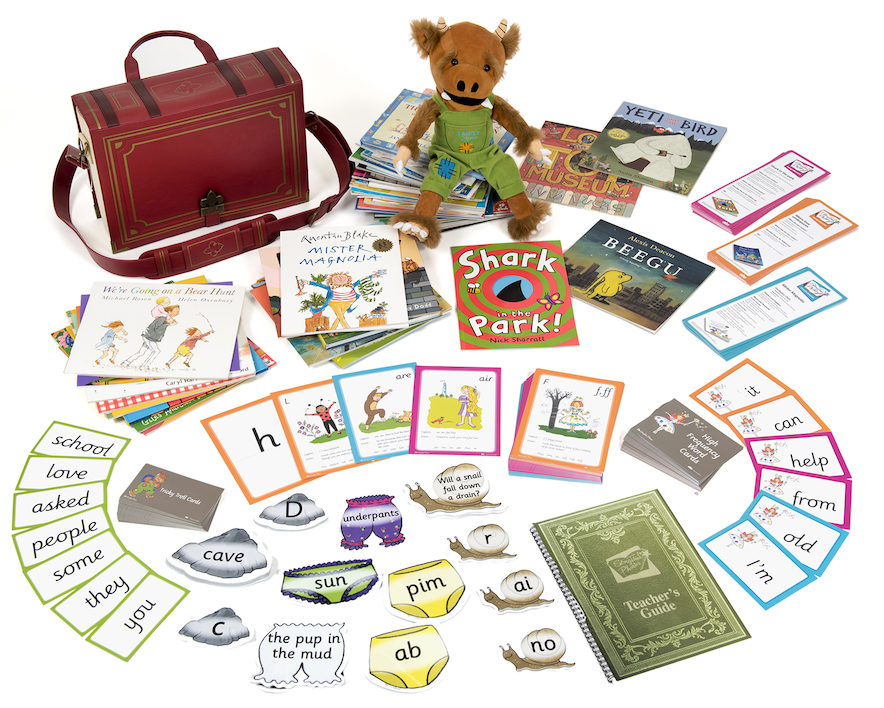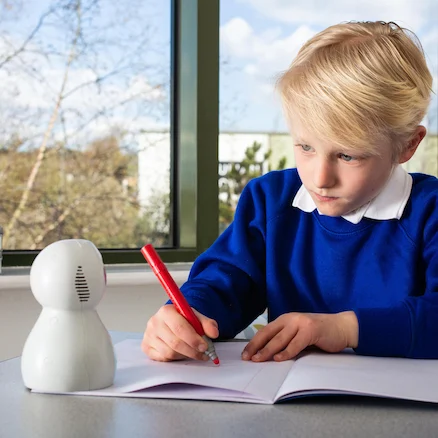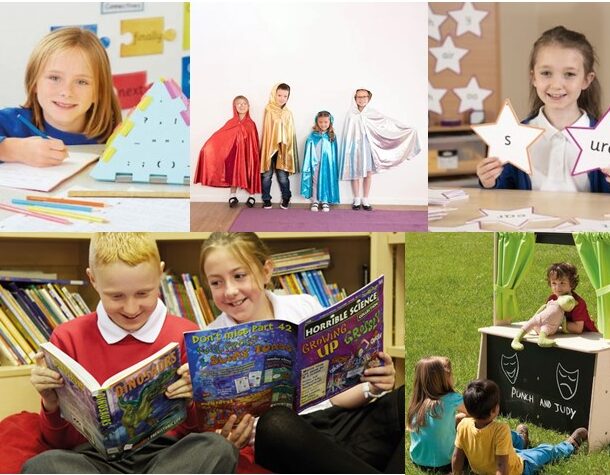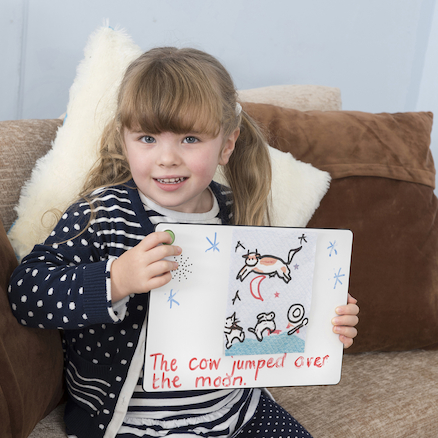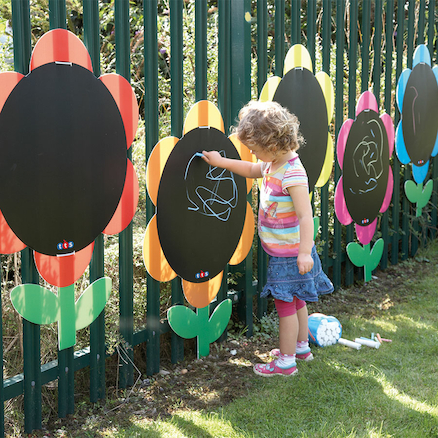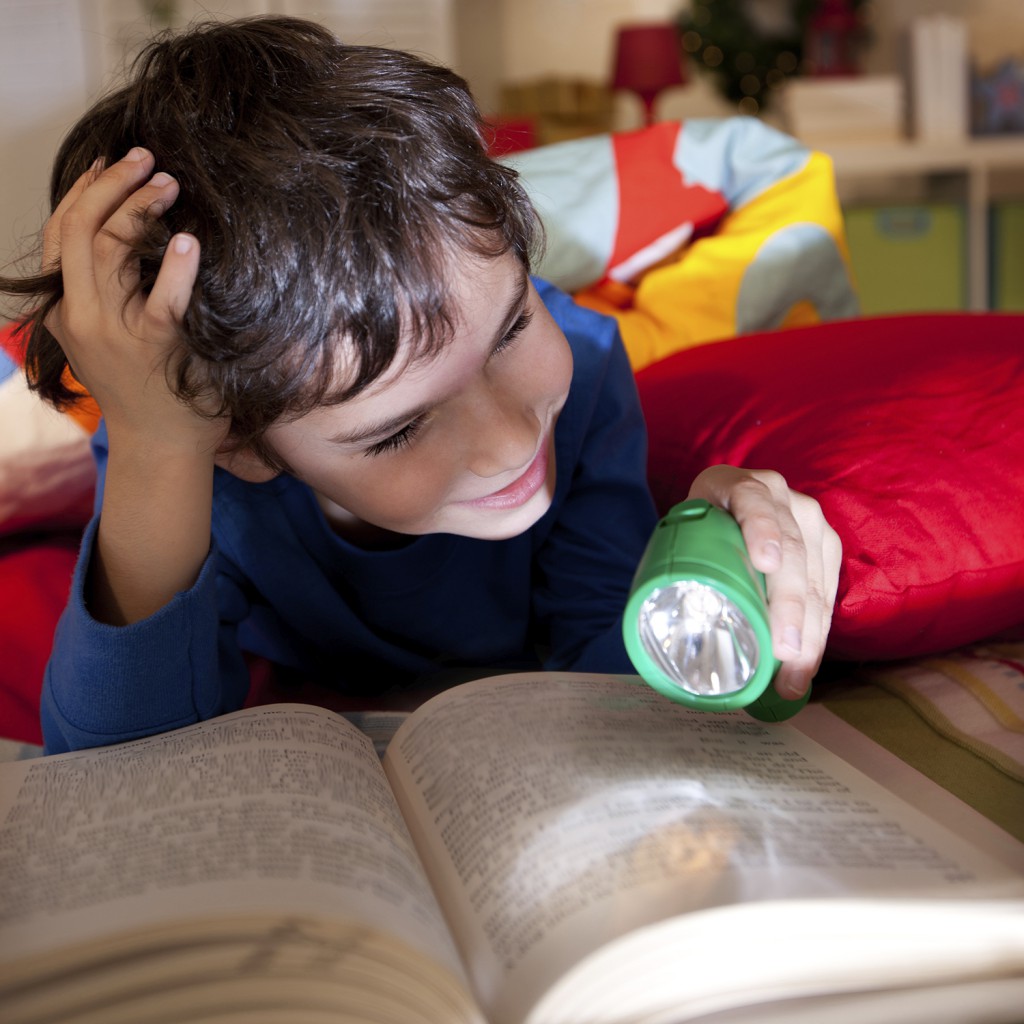
When those of us old enough to remember life before total connectivity were growing up, books were still pretty nifty technology. There were picture books, chapter books, choose-your-own-adventure books, books on tape and books on the radio.
In the 21st century, books have to compete with social media, video games, Youtube, movie streaming, hundreds of TV channels. That’s right – hundreds! TV was vilified in the 80s for giving us square eyes and for sapping our minds. There were just four channels back then. Four! And even then, most of the early weekend viewing (when mum and dad were still asleep) was old gents in patterned sweaters on Open University programmes.

The thing is, children DO still love to read. Even with all the technology you could wish for, there are still children who will come in to school with black rings under their eyes because they couldn’t put their book down; still children who choose to curl up with a book about dragons or strange, sadistic relatives; still children who sit and listen in rapture as their teacher does all the voices.
There is undoubtedly something unique about reading.
Think of a book that has been turned into a film. Which is better: the book or the film? There are some excellent film adaptations of splendid books – Roald Dahl’s Fantastic Mr Fox, Oliver Jeffers’ Lost and Found to name but two – but there’s nothing quite like the magic that happens inside your head when you read or listen to a story. It bursts into life inside you.

That magic, that is what we need children to experience. I have always said that children should leave reality at the school gates. School for young children is about wonder and curiosity. Being able to read opens up the whole world for children. Being able to decode is part of reading. Wanting to read, wanting to find things out, wanting to find out what happens next, these are the motivations that propel children to become readers.
That’s the crux. Blending and segmenting, recognising split digraphs, recognising tricky words by sight, these skills can help teach you to read. But you become a reader when you are driven to read out of a thirst for knowledge or out of a joy of being lost in a story. People who read quality books develop greater empathy, and children crave stories. Just like we need air to breathe, children need to hear stories. It’s so deep-rooted in our culture, and so vital to our development as complex human beings.
As teachers, we don’t just teach how to read – we can make reading seem irresistible. A sprinkling of fairy-dust over our lessons, a touch of magic, and Pffft! learning comes to life. It’s not as difficult as it may sound. Bring stories to life – real stories, real books by real authors – and the children will follow you anywhere. Notice the patterns and the rhythms of language with them, and they will turn into readers with you. Chant the rhymes and the Fee-Fi-Fo-Fums, crawl under the tables to hide from the Big-Bad-Wolf, do all the funny voices – who can resist the magic?
Connect with parents and remind them to read, read, read with their children, making anything they do with books a magical and joyful experience. Children’s publishing is in a golden age. There are many incredibly talented authors writing just for children – too many to mention – and their stories bring the world to life. We are not teaching how to pass a phonics test; we are opening up an infinite number of worlds.
For ideas and inspiration to help teach phonics take a look at our phonics resources.
Read part 1 now from this series of ‘For the Love of Phonics’ blogs. Part 3 and Part 4 (Who is the Phonic Fairy?) are also now available.
With thanks to Michelle Larbey for writing this blog.
Michelle Larbey is a former Leading English teacher and Local Authority Consultant who now spends her time as a freelance English consultant and author. Known for her passion and enthusiasm, Michelle’s innovative research based approaches inspire and motivate both children and teachers alike. Michelle also works part-time for the Faculty of Education, Cambridge University supporting PGCE students in the highest standards of research and teacher training. In her spare time, she likes nothing more than to read to her two children.

